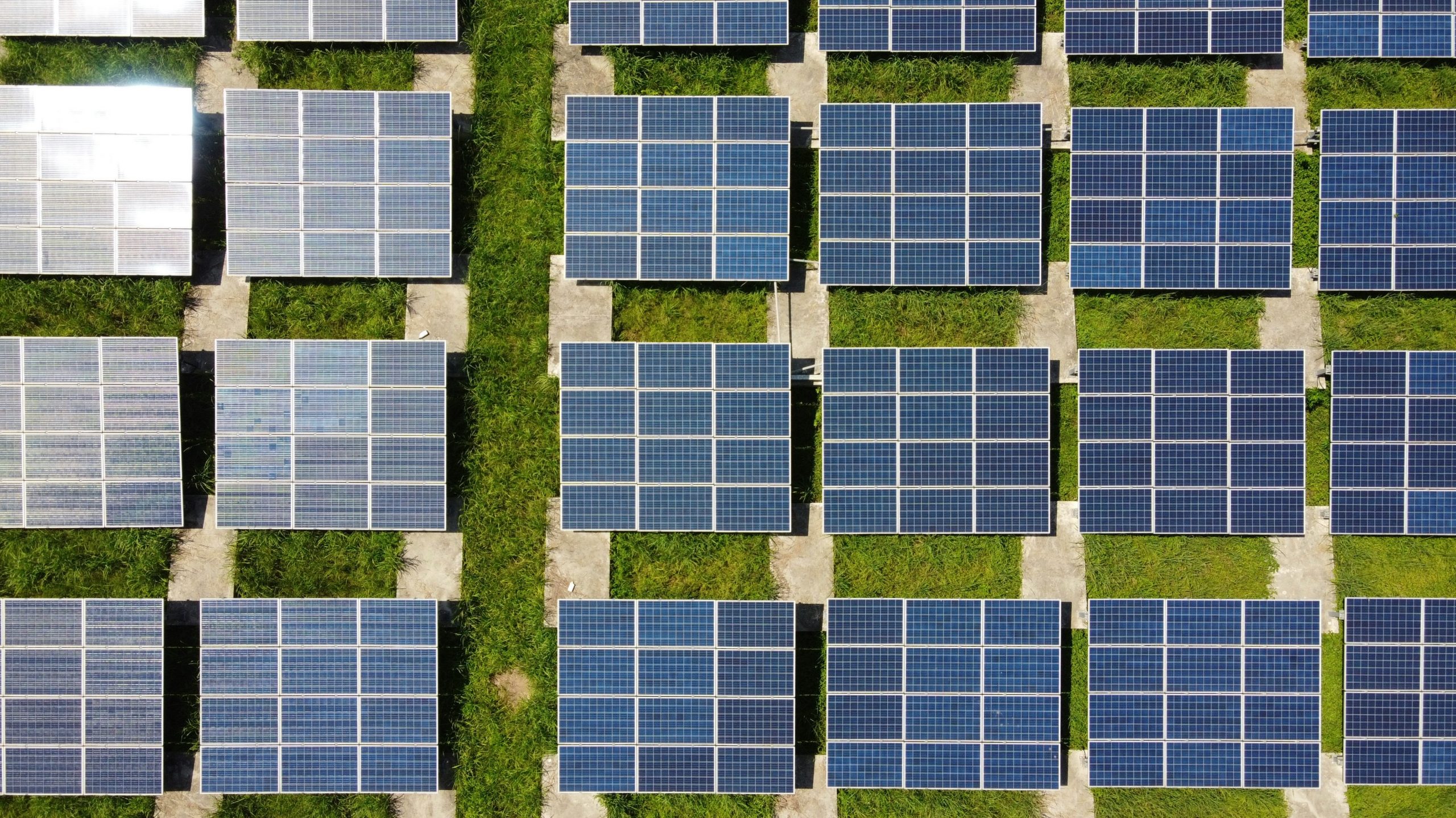
Introduction:
In recent years, the solar energy industry has experienced exponential growth, driven by increasing environmental awareness, government incentives, and advancements in technology. As the demand for sustainable energy solutions rises, so does the competition among solar companies. To stay ahead in this rapidly evolving market, solar installers are turning to cutting-edge technologies, with artificial intelligence (AI) and AI appointment setters emerging as game-changers. In this blog post, we will explore how solar installers can leverage AI and appointment setters to revolutionise their operations and foster growth across all fronts.
- Streamlining Operations with AI:
One of the primary challenges solar installers face is the complexity of project management. AI solutions can significantly streamline operations by automating routine tasks, optimising project timelines, and enhancing overall efficiency.
- Automated Design and Quoting: AI algorithms can analyse roof structures, sunlight exposure, and energy consumption patterns to generate accurate solar system designs and quotes. This not only reduces manual workload but also ensures precision in system planning.
- Supply Chain Management: AI can be employed to forecast material requirements, manage inventory, and optimise the supply chain, leading to cost savings and minimised delays.
- Project Monitoring and Maintenance: AI-powered monitoring systems can remotely track the performance of installed solar systems, detecting issues in real-time and facilitating proactive maintenance. This results in improved customer satisfaction and long-term system reliability.
- Enhancing Customer Engagement:
In the competitive solar market, effective customer engagement is crucial for business success. AI-driven solutions can play a pivotal role in creating personalised and seamless interactions with potential and existing customers.
- Chatbots for Customer Queries: Implementing AI-powered chatbots on websites and social media platforms enables instant responses to customer queries. These virtual assistants can provide information about solar solutions, pricing, and installation processes, fostering customer trust and satisfaction.
- Personalised Marketing Campaigns: AI algorithms analyse customer data to create targeted marketing campaigns. By tailoring messages based on customer preferences and behaviour, solar installers can increase the effectiveness of their marketing efforts and generate more qualified leads.
- Revolutionising Sales with AI Appointment Setters:
The sales process in the solar industry can be time-consuming, involving numerous consultations and appointments. AI appointment setters can transform this process, allowing sales teams to focus on high-value interactions.
- Automated Appointment Scheduling: AI appointment setters can analyse customer preferences and availability to automate the scheduling of sales appointments. This not only saves time but also ensures that appointments are set at convenient times for both customers and sales representatives.
- Lead Qualification: AI-powered appointment setters can pre-qualify leads by analysing customer data and behaviour. This allows sales teams to focus on prospects who are more likely to convert, increasing the efficiency of the sales process.
- Personalised Sales Interactions: AI can provide sales teams with valuable insights into customer preferences and past interactions. Armed with this information, sales representatives can personalise their presentations, addressing specific customer needs and concerns during consultations.
- Navigating Regulatory Landscape with AI:
The solar industry operates within a dynamic regulatory environment, with policies and incentives subject to change. AI can assist solar installers in staying compliant and taking advantage of government incentives.
- Policy Monitoring: AI algorithms can continuously monitor changes in energy policies, ensuring that solar companies stay informed about the latest regulations. This allows for proactive adjustments to business strategies to maximise benefits from government incentives.
- Incentive Optimization: AI can analyse incentive programs and recommend the most advantageous options for solar installations. This ensures that solar installers capitalise on available subsidies and grants, enhancing the overall financial viability of projects.
- Data Security and Privacy Compliance:
As AI systems handle sensitive customer data, ensuring robust data security and compliance with privacy regulations is paramount. Solar installers must implement AI solutions that adhere to UK data protection standards, such as the General Data Protection Regulation (GDPR).
- Secure Data Handling: AI systems should be designed with robust security measures to protect customer information from unauthorized access or breaches. Implementing encryption and secure data storage protocols is essential in maintaining customer trust.
- GDPR Compliance: Solar installers must ensure that their AI systems comply with GDPR regulations, including obtaining explicit consent for data processing and providing customers with control over their personal information.
Conclusion:
In conclusion, the integration of AI and AI appointment setters offers immense potential for growth in the UK’s solar industry. From streamlining operations and enhancing customer engagement to revolutionising sales processes, solar installers can leverage these technologies to gain a competitive edge. Embracing AI not only increases efficiency but also positions solar companies to navigate the evolving regulatory landscape and deliver exceptional customer experiences. As the UK continues its transition towards a sustainable future, solar businesses that embrace AI will be at the forefront of innovation and success.


